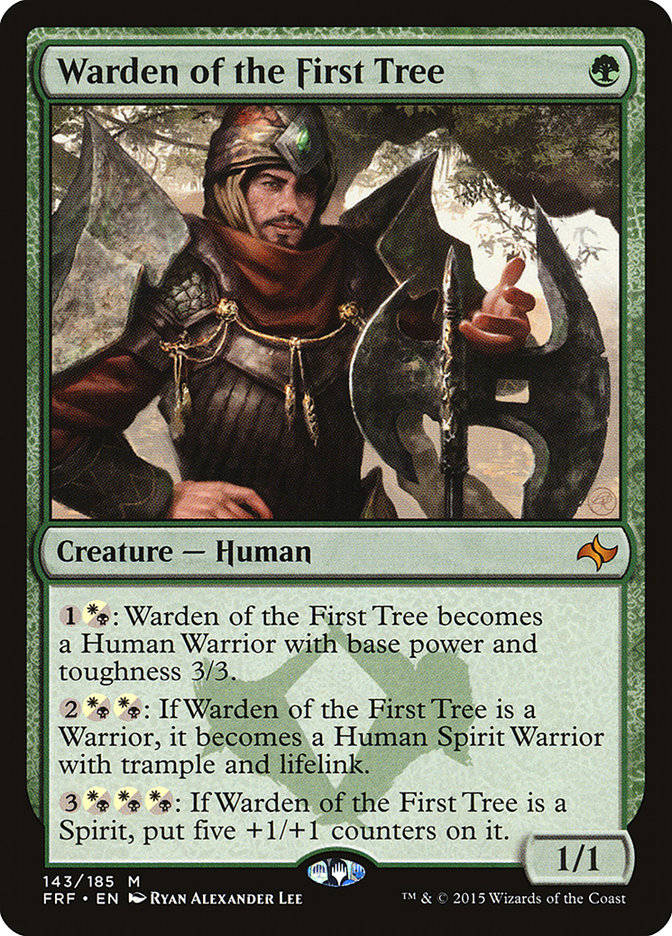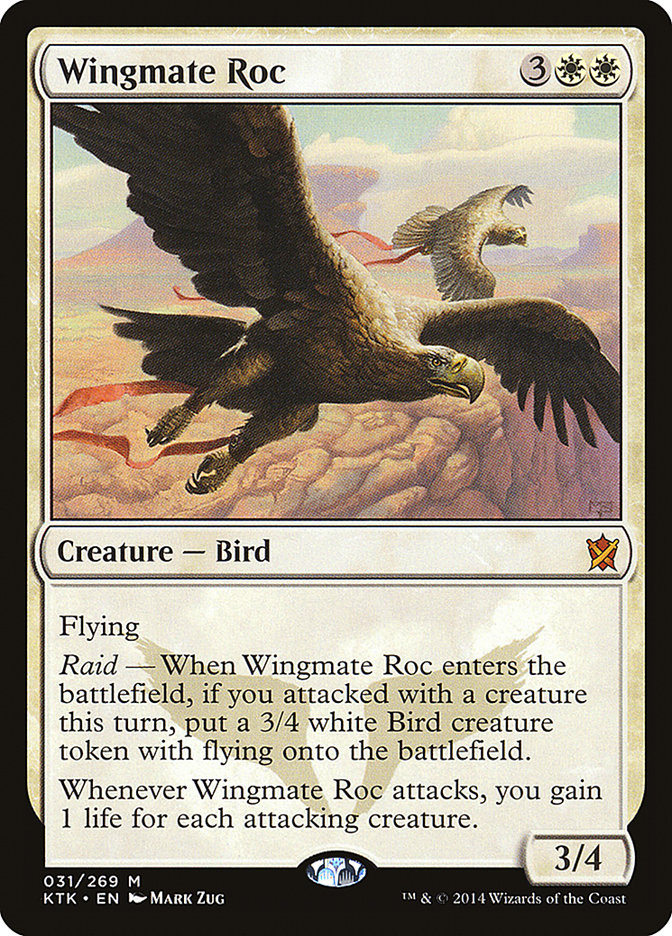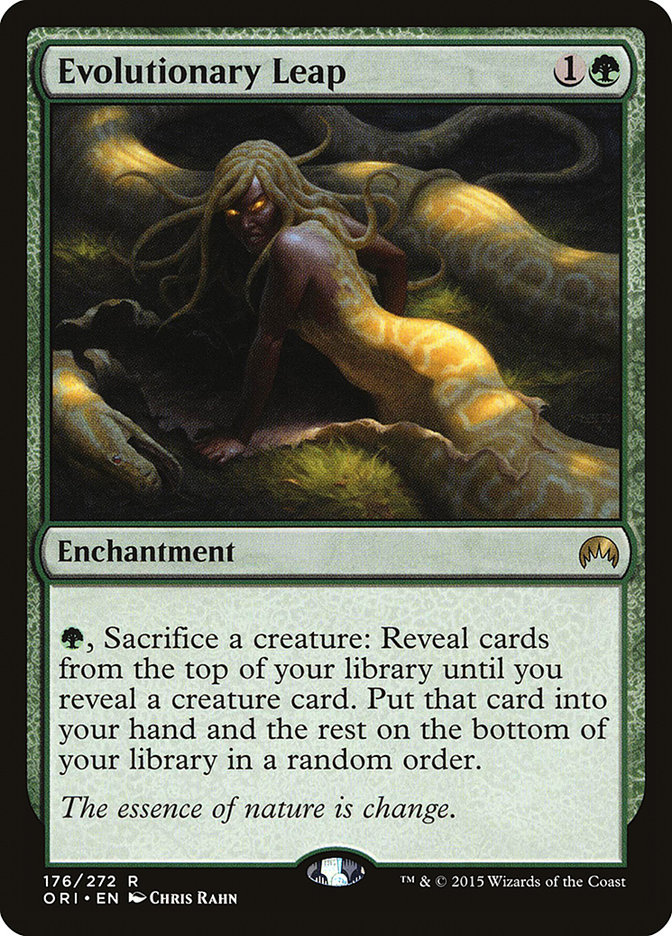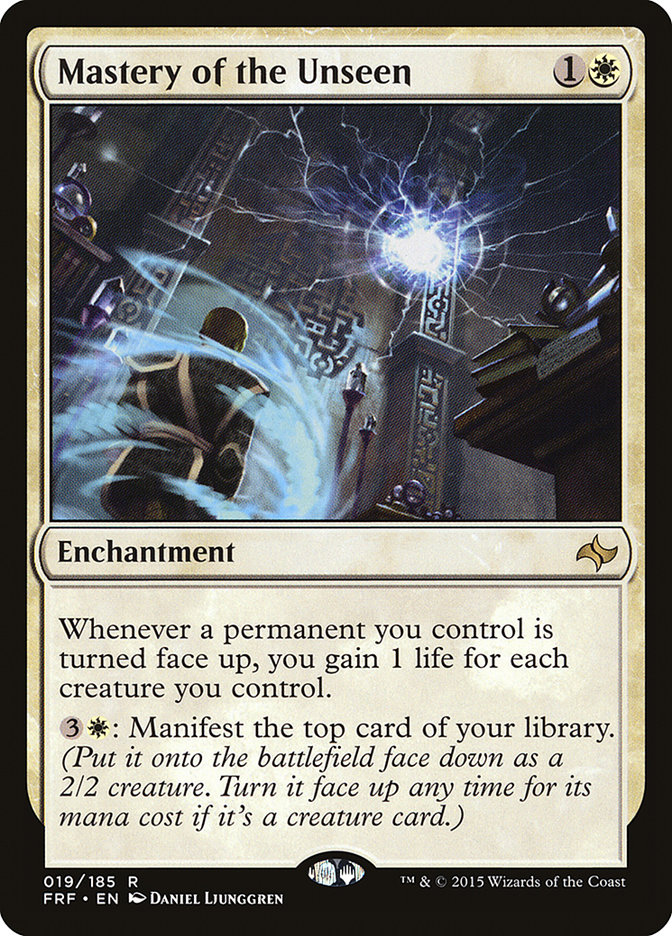Pro Tour Battle for Zendikar was my seventh Pro Tour appearance, and after a string of reasonable but ultimately mediocre performances, I was motivated to
break through and put up my best result yet.
Posting a 10-6 record that with average tiebreakers was good for 52nd overall, and I did indeed have my best result by place, but I was for the third time
left with a sour taste in my mouth, looking back at everything I could have done differently to achieve that elusive 11-5 or better that would have
qualified me for another Pro Tour.
With my fifth consecutive near miss at a Pro Tour (either 10-6 or 9-7), I am left to use my Silver invite for Pro Tour Oath of the Gatewatch, barring a top
finish at a Grand Prix this fall or an upcoming Regional PTQ. Still not a bad position to be in, but I can’t help but feel like I have plateaued after
having such a strong start to this year.
Plateauing is part of anyone’s growth in Magic or any other competitive endeavor. You are always going to improve more quickly at the beginning than at the
end, where you have to work much harder to realize more modest gains. Over time, most players will experience multiple periods where their game stagnates.
These periods can be brought about for a variety of reasons that are well-discussed in the community, from entitlement to the intrusion of more pressing
concerns from other parts of your life. For whatever reason, you aren’t putting as much into the game, and therefore, aren’t getting as much out of it.
The tell-tale sign of reaching a plateau is frustration. Your expectations rise as your game improves and they do not decrease in kind as your improvement
tapers. Some may view it as a form of entitlement, but really it’s a lack of awareness that your game isn’t as polished as it needs to be. Magic is hard,
and it’s easy to let yourself slip a little, but when you are competing at the highest level, those small slips are magnified to big falls.
As I noted in my article two weeks ago, I arrived in
Madison the Wednesday before the Grand Prix. Over that week of testing it became increasingly clear that my game was not as sharp as it needed to be. I was
making stupid mistakes and was not nearly familiar enough with the new set. Looking at someone’s deck at the Grand Prix, I saw a card I did not even know
existed. At one point in testing, I tried to resolve a Dig Through Time by putting the five extra cards face down in my graveyard, which only served to
confuse me.
On top of these silly mistakes, I wasn’t even winning games where I felt like I played well. After going 5-1 in my first two drafts I’m not sure if I won
five matches in the next ten. Early on it was clear I was not drafting well, but even when everyone agreed my deck was great I was lucky to eke out a
single victory. Every judgment call I made turned out to be the wrong one in hindsight, and the losses kept piling up.
I can tell you that the process matters much more than the result and I would be right, but that does not make these results any less frustrating because
it feels like I am not getting anywhere. I asked teammates to watch over my games to see if they could find something I was missing. I made a few strides
there, especially in Limited, but the losses still came. After a miserable finish at the GP saw me eliminated in round eight, I was growing more visibly
frustrated resulting in some choice rants that I am sure drew some sarcastic eye rolls from the rest of the team.
While it would be easy to regret such seemingly unnecessary outbursts, venting my frustrations was wholly cathartic. Every Magic player is going to lose.
Most are going to lose a lot. Those that don’t surely don’t play a lot. In my desperation to improve, I lost sight of that.
When I calmed down and looked over my testing dispassionately, I realized that rather than spend the weeks before the trip preparing, I was busy playing
IQs to bolster my spot on the Open Series Leaderboard and auditioning for Jeopardy. While I don’t
regret spending my time on those things, it was arrogant to believe I could jump into testing and be on the same page as the rest of my team. And even
though I wasn’t winning as much, my play and my drafting were markedly improved from the first days of testing.
This realization imbued me with a strange sort of confidence. I had put in the hours I could and I made significant strides in my understanding of both
formats. What more can you ask of yourself? I was honestly ready to put up my first great Pro Tour finish.
After the first draft I felt as though that was going to happen. My great B/W deck featured five copies of Kalastria Healer with every other piece of the
synergy laden life-gain/Allies deck.
But in round one I mulliganed both games and had my development stunted enough that I could not quite get back into either game. The loss may have come to
Kai Budde, but it was still deflating. All the same frustrations from the previous week came back and looked to boil over when I was down a game in round
two and losing to Guardian of Tazeem in the second. A timely Sheer Drop pulled me back into the game, and I ended up taking that match and the final one to
finish the draft 2-1.
For the Constructed portion of the event, I registered the following:
Creatures (23)
- 2 Wingmate Roc
- 3 Warden of the First Tree
- 4 Den Protector
- 3 Deathmist Raptor
- 4 Avatar of the Resolute
- 3 Nissa, Vastwood Seer
- 4 Hangarback Walker
Planeswalkers (4)
Lands (25)
Spells (8)

The addition of Avatar of the Resolute was fantastic, and it gave the deck added percentage against the mirror and Jeskai Black, which I expected to be the
two most popular decks. Michael Majors analyzes the deck here in great detail so I will not repeat him, but I will
offer some of my thoughts on the deck going into the Pro Tour and moving forward from it.
The primary point of contention in the maindeck among our team was whether to play the third Warden of the First Tree or the third Wingmate Roc. Majors and
I advocated the former, while Brian Braun-Duin and Brad Nelson advocated the latter. Personally, I always err
towards lowering my curve in situations like this, and the fact that Warden was a fine draw in the lategame, perhaps even better than the Roc, swayed me
toward the one-drop. That Tragic Arrogance made Roc a liability after sideboarding in the mirror, and I expected very little Abzan, a matchup where Roc
shines, which cemented my decision.
Still, I thought Abzan and midrange decks like it would be popular enough to want access to the third copy, so I made room for it in my sideboard. It was a
somewhat lazy decision, but Roc is likely the best midrange trump anyway. In hindsight, the third Wingmate Roc was excellent, while the third Warden proved
to be mediocre. Brad and BBD argued that the Warden consistently underperformed for them and their words proved prescient.
The format seems to have caught up in speed so that Warden does not go under as many players as it did a week or two ago, and leveling it further is too
risky a proposition for it to consistently yield good results. Moving forward I would free up a sideboard slot by moving the Roc into the maindeck.
Despite knowing about our R/G Landfall deck, our red hate skewed more towards Atarka Red, which was significantly more popular in the event. Cards like
Surge of Righteousness and Arashin Cleric are much worse against a creature package including Scythe Leopard, Snapping Gnarlid, and Den Protector.
Against Atarka Red, their tokens are much more easily contained by yours so you can afford to play defensively and hold up removal more often, but against
Landfall, you need to be more aggressive because eventually they will fight through your defenses. You have to take risks and race fairly often, which
makes Winds of Qal Sisma an attractive choice if Landfall takes over as the aggro deck of choice. I would certainly take the time to evaluate your expected
metagame and cut some of the Atarka Red hate for Winds if needed. A card like Hidden Dragonslayer can also help here, since you can cast it early to race
or use it in the midgame as an extra removal spell against Become Immense.
The last point of contention was in the anti-control package of Evolutionary Leap and Mastery of the Unseen. Majors had championed Evolutionary Leap for a
while, and I had been impressed with what I had seen from the card (read: He bashed me with it repeatedly). At one point, I had a third copy, but
ultimately my love of the card was tempered by how mana intensive it is. Drawing a bunch of extra cards that you do not have the resources to deploy is
useless.
Since Mastery is even more mana intensive than Evolutionary Leap, I favored the latter in the split, although moving forward I think Mastery may be better,
especially if the control deck of choice does not contain Dragonlord Ojutai. Being able to apply pressure without playing into their counterspells is a key
advantage of Mastery, and in my feature match in round six against Reid Duke, I was unable to deploy my threats fast enough while holding up mana for
Evolutionary Leap since I was stuck on five lands.
Of course, I exacerbated this by being overly conservative and not playing a spell for two turns for fear of losing my board to a wrath without being able
to recoup much value from the Leap. Leap gives you an incredible long game so it is important to supplement that by applying pressure when you can; knowing
that you will eventually recoup enough value over a longer game to overcome their interactive spells.
In spite of that loss to Reid, I finished the rest of the Constructed rounds on day one unblemished, for a 6-2 record. 6-2 is actually my best single day
at a Pro Tour (I have a slew of 5-3s and 4-4s) so I was, of course, excited. A fine to good second day and I would have my first 11-5 or even better and be
in fantastic position to make a run at gold.
Unfortunately, I repeated some of my earlier mistakes on the second day. After another strong draft where I moved into Landfall early in pack one and was
rewarded by tabling Valakut Predator, I once again lost the first round after two mulligans into subpar sixes. I let my frustration get the better of me,
and in game 3 of round two against Magnus Lantto, I failed to listen to my intuition of not playing my Bane of Bala Ged into a possible second copy of
Spell Shrivel when I was only one mana short and had more things to do with my mana.
My tilt was quickly overcome with some fortunate draws in round 3, and I left the second draft with a wholly disappointing 1-2 record (7-4 overall) but
still very live for my goal of 11-5.
I finally ran into one of my teammates playing R/G Landfall in round 12 when I played against Seth Manfield. With a removal heavy draw in game 3, I, like
in round 6 against Reid, played too conservatively, throwing away my valuable creatures to play around the worst case scenario, and eventually left myself
unable to turn the corner and close the game before a timely Sarkhan, the Dragonspeaker closed the game for Seth.
As it turned out, his draw was all creatures and lands for much of the game and fearless play on my part would have taken the game, while my scared play
would not have beaten anything. This was particularly disappointing since I often champion bold play to other players as something that often separates the
good from the great and was unable to heed my own words when put in the same situation.
My sixth and final loss came at the hands of Pat Cox in the G/W Megamorph mirror. He took game 1 off the back of the strong Gideon + Wingmate Roc curve
while on the play and after a long game 2 in which I took control with a timely Tragic Arrogance (easily the best card in the matchup) drawn off of Nissa,
Sage Animist. His draw of back-to-back Hangarback Walkers left me to simply develop my board rather than apply pressure, but drawing an extra card each
turn, I was quickly outpacing him and setting up a devastating attack.
Running low on time (we were below fifteen minutes on the clock at this point), I made that attack a turn too early and he managed to use a Dromoka’s
Command to stay alive at one life and trade his Hangarback Walkers for an army of Thopter tokens which were not lethal until he drew a Gideon, Ally of
Zendikar and made an emblem. Had I waited one more turn I would have had enough to attack for lethal through an extra Knight Ally blocking and the Command,
but I was eager to end the game with as much time as possible to finish the match.
Outside of these losses my deck performed admirably, and while Brad bemoaned our decision to play G/W Megamorph over R/G Landfall, I would honestly play
the deck again if offered a mulligan on my decision. The metagame was exactly as I expected, and I defeated the mirror twice, Jeskai three times, and
Atarka Red once. Despite a strong first day, the portion of our team playing R/G Landfall finished with a similar win rate to those of us on G/W Megamorph
as the consistency of the latter cannot be denied. If the metagame stays replete with fair decks, I think G/W Megamorph will remain a top contender.
As for me personally, it is easy to see that I was not as well-prepared as I could have been and plateaued or even declined as a result. It would be easy
to bemoan my luck in round one of both drafts, but in hindsight I was rather fortunate to have two great decks in the first place, as I simply moved
quickly into an archetype with little resistance from the table. Given my understanding of the format, I could not have reasonably expected much more than
a 3-3, and I certainly need to work on my Limited game moving forward.
I also need to keep my technical game sharper on a regular basis. Without disparaging them, I can confidently say that IQs are not the best way to prepare
for playing at the Pro Tour level. Had I been more cognizant of that in the weeks leading up to the Pro Tour, I could have taken the necessary steps to
keep my skills up. I had a great first half to this year and so far have been limping toward the finish line. I certainly have not maintained the same rate
of improvement, and in some ways, I have declined from the player I was six months ago.
But plateauing is no reason to panic. Every player experiences it at some point in their career, often multiple times. Breaking into the upper echelons of
competitive Magic is incredibly difficult and requires targeted improvement in problem areas as well as regular maintenance of your existing skills once
you reach a certain level. These next few months are a good opportunity for me to step back and examine myself, work on my weaknesses, and learn further
how to best utilize my strengths.
Because the only true cures to plateauing are determination and perseverance.




